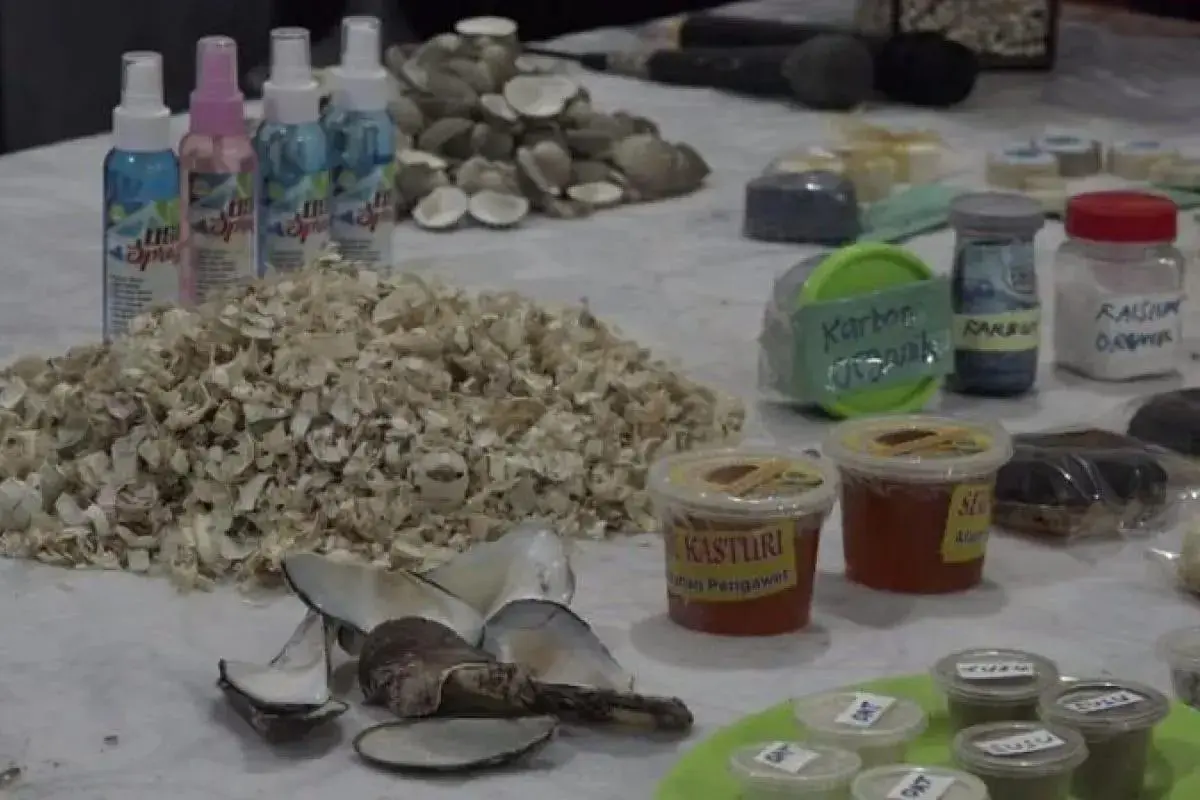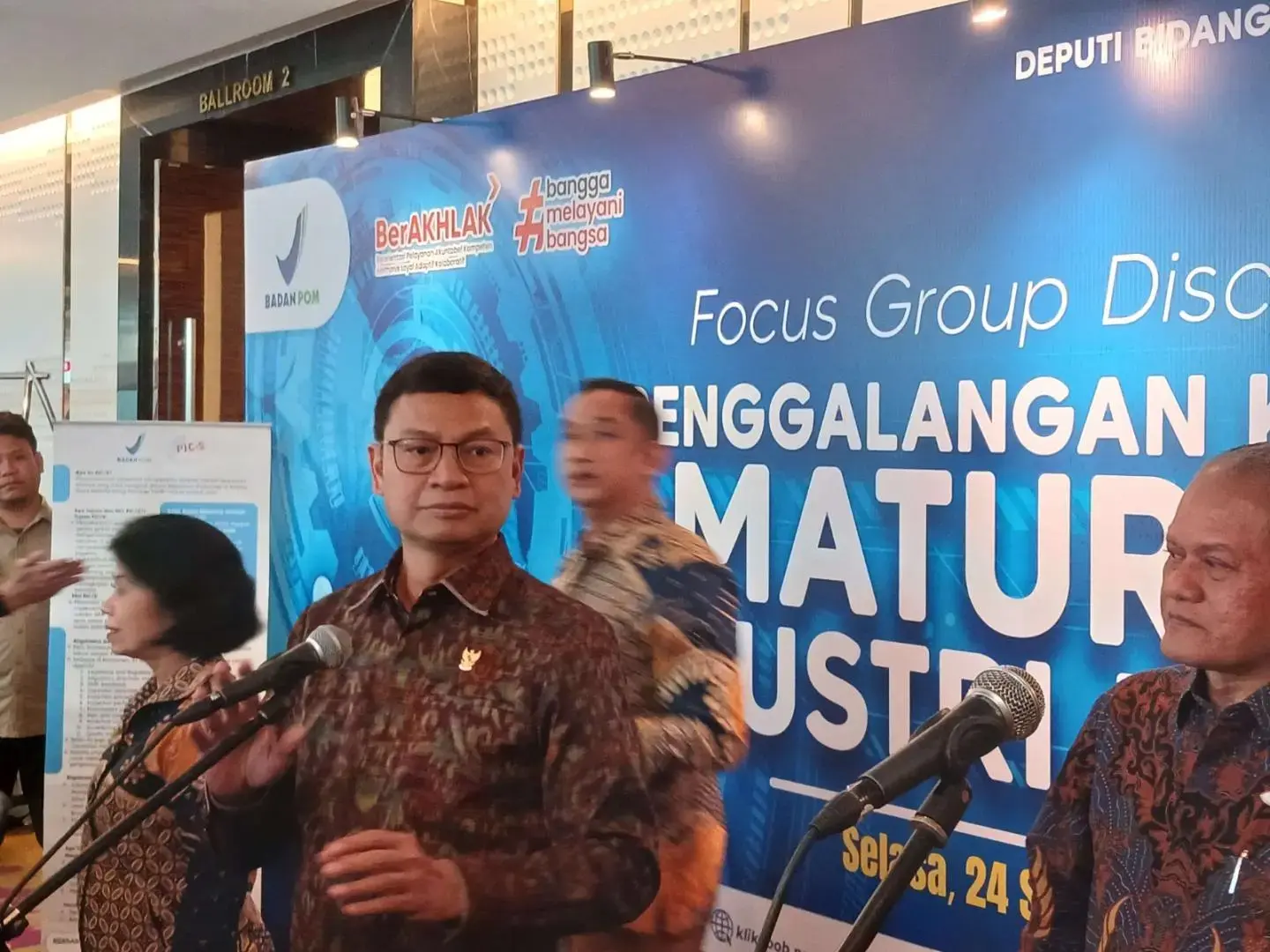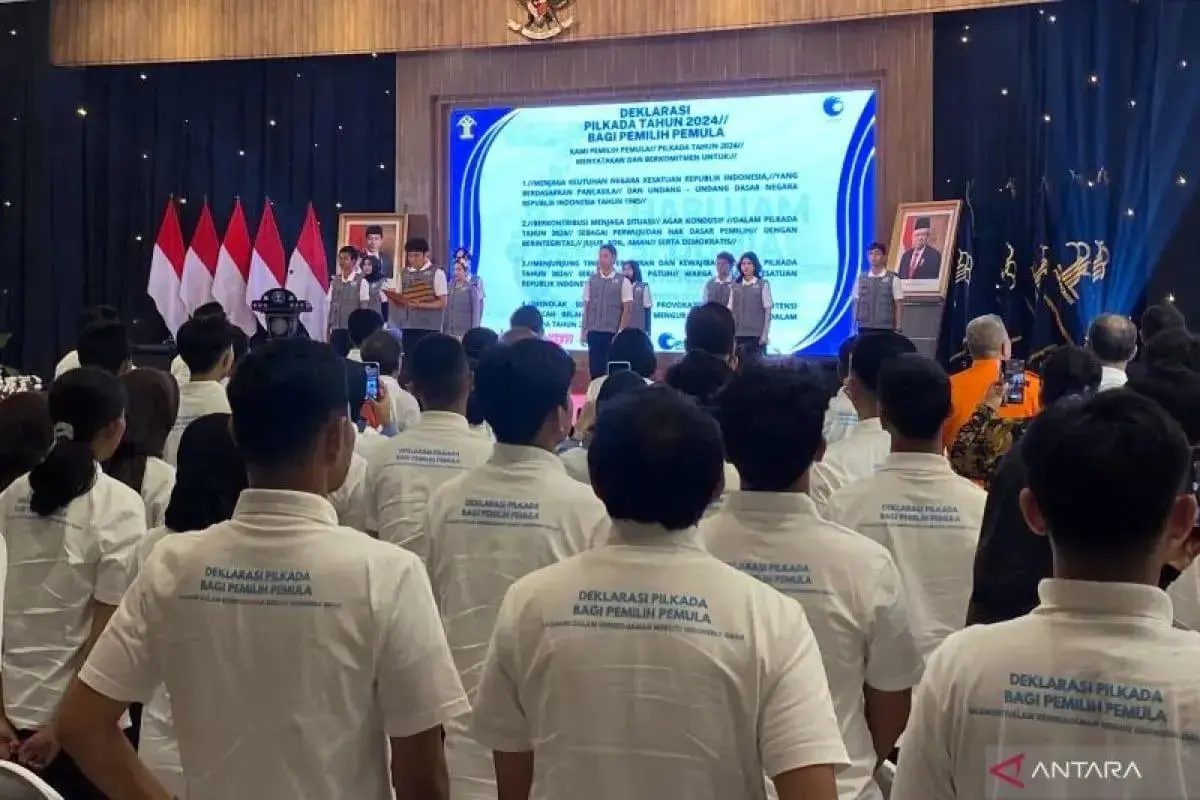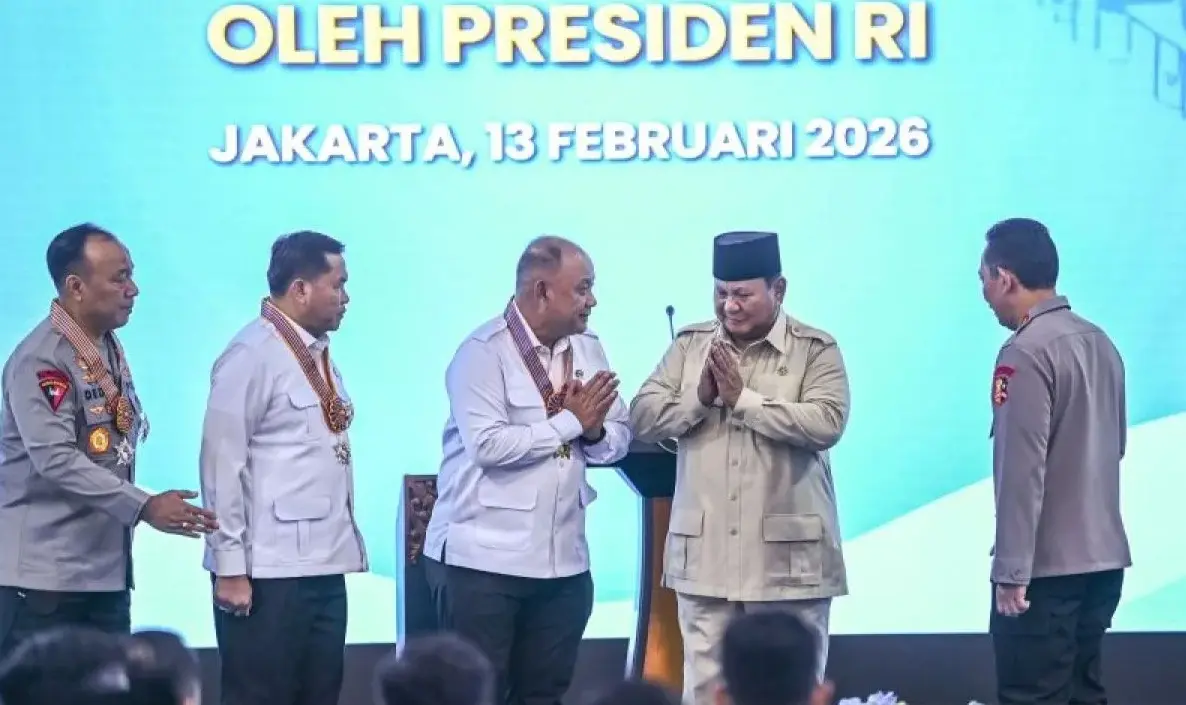inp.polri.go.id - Jakarta. The National Research and Innovation Agency (BRIN) together with the Gyeongnam International Development Cooperation Center (GNIDCC) and the Korea International Cooperation Agency (KOICA), are exploring the potential for research collaboration on managing food waste into energy.
"This research is based on the potential for very large domestic wastewater in Indonesia. However, on the one hand, the management process is still very limited. Therefore, alternative technology is very much needed both on a business and individual scale," said Head of the BRIN Environmental Research and Clean Technology Center, Ario Betha Juanssilfero on Wednesday (9/25/2024).
Ario emphasized that waste management research is very important to support environmental conservation and as a renewable energy source. One of the waste management researches that has been conducted by BRIN is recycling wastewater which is converted into clean water using the anaerobic-aerobic biofilter process and membrane bio reactor (MBR).
"Good waste management can open up various opportunities, including converting it into energy. For that, research and collaboration with various parties are needed to make it happen," said Kapus Ario.
Therefore, the meeting between BRIN and GNIDCC and KOICA is one of the efforts in the field of research cooperation in the field of green energy, especially food waste management.
GNIDCC representative Kwanyoung Kim said that in 2021, waste in Indonesia reached 63.9 million tons. This number is expected to continue to increase in the future and pollution from organic waste will become a widespread problem in waste management.
"Indonesia currently produces 25.4 million tons of food waste and 10.9 million tons of green waste. Unfortunately, only 7.5 percent of this organic waste has been managed through composting mechanisms," explained Representative Kim.
In fact, food waste that has not been separated and managed can cause various pollution such as soil and water contamination and cause greenhouse gases.
Currently, food waste management is still not a major concern when compared to plastic waste management. Therefore, he emphasized that food waste management needs to be considered systematically, massively, and structured.
(ad/ndt/pr/nm)












